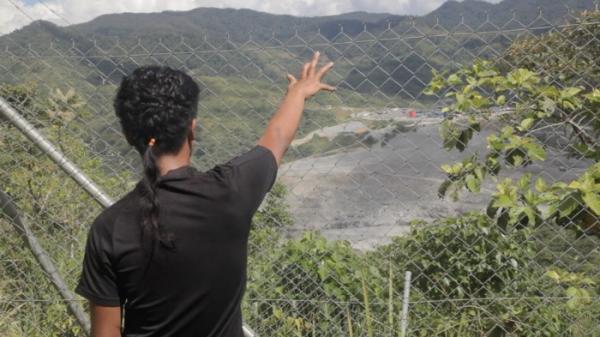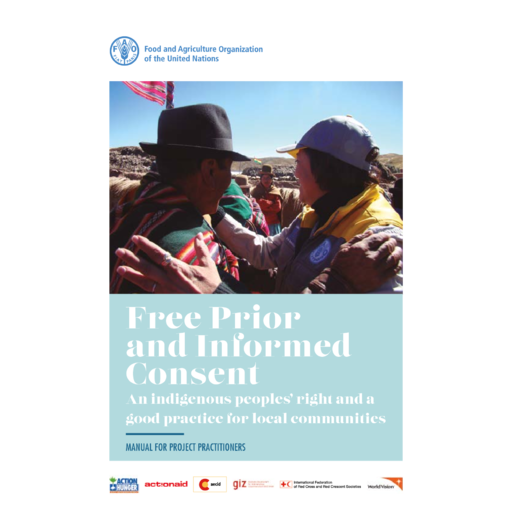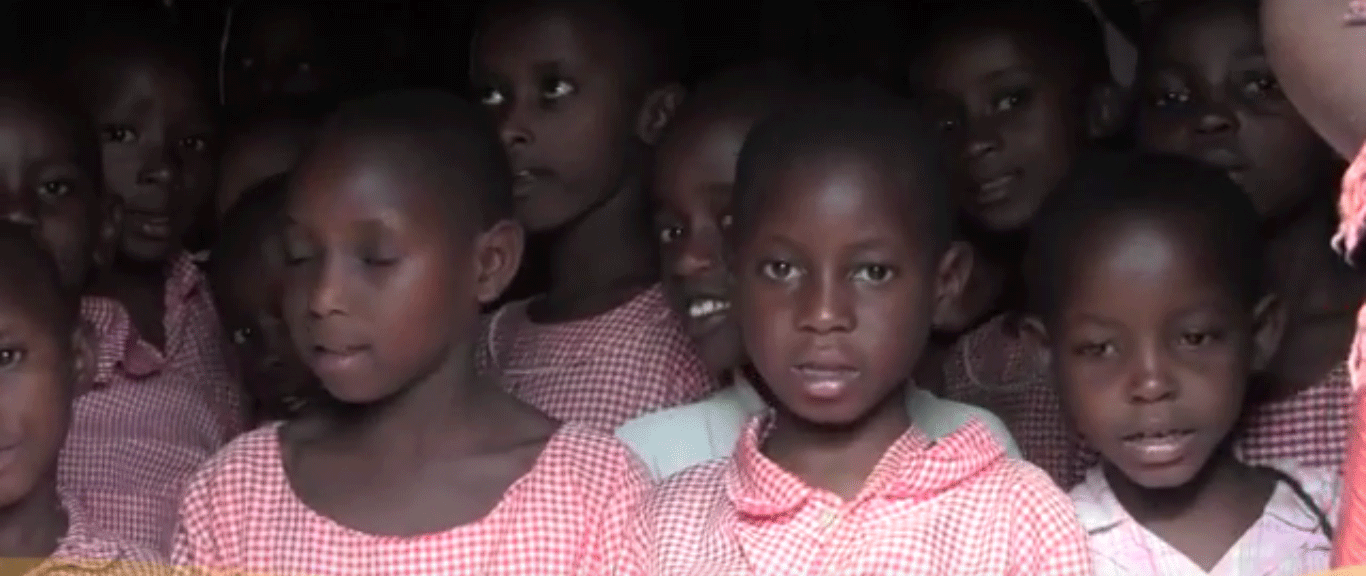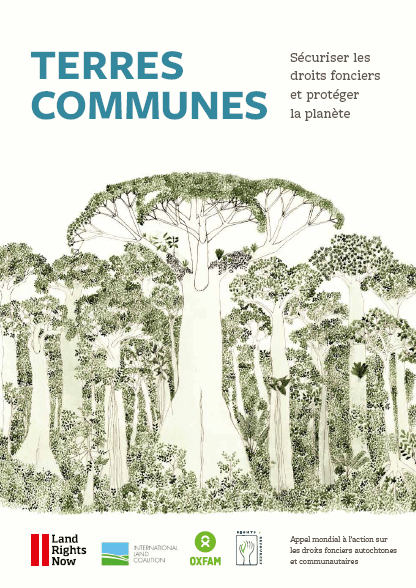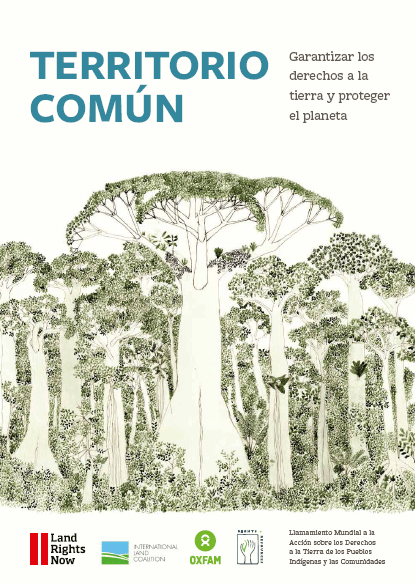In Defence of Life
In Defence of Life follows the struggles and triumphs of four communities resisting large-scale mining projects in Colombia, the Philippines, South Africa and Romania.
Courageous environmental and human rights defenders from these communities describe how they have suffered and why they are standing firm to protect their families, land, water and life from destruction by mining.
Their inspiring David and Goliath struggles demonstrate that when injustice and destruction become globalised, so does resistance.

